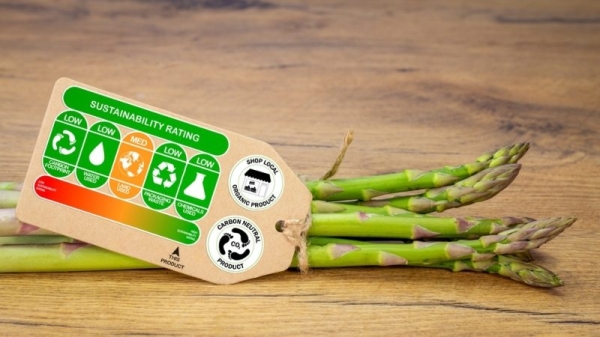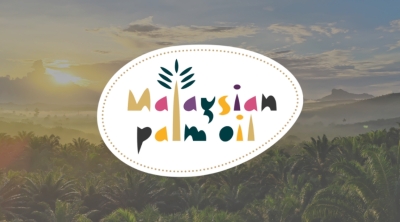EU food systems law to lean on green labelling, procurement

Mandatory requirements for sustainable public procurement and a voluntary harmonised sustainability labelling system have been ranked among the preferred policy initiatives under the EU’s framework for a sustainable food systems (FSFS) law, according to a leaked impact assessment.
The impact assessment report, seen by EURACTIV, comes ahead of the EU’s proposal on the FSFS law, expected in the third quarter of this year.
It evaluates the possible means of implementing the ambitious aim of the FSFS law to integrate sustainability into all food-related policies, as part of efforts to become climate neutral by 2050.
Two of the main concrete foci of the assessment include sustainable public procurement and sustainability labelling.
On the latter, the assessment maintains that sustainability labelling will “incentivise business operators to go beyond minimum sustainability requirements in order to raise the grading/ scoring ladder of the harmonised sustainability label and/or benefit from the potential price premia for more sustainably good products”.
While the assessment ranks both mandatory and voluntary harmonised sustainability labelling among the best-ranked options, voluntary emerges as the preferred option given the associated costs.
The impact assessment estimates that the societal cost of mandatory sustainability labelling would amount to €20.667 million, while voluntary would cost €9.713 million.
However, it notes that a “significant uptake of a harmonised sustainability label is expected […] due to the likely interest of many [food business operators] to use it”.
And, as the obligation to affix it on all products where sustainability-related claims are provided voluntarily, costs will only be triggered by the “choice of operators to put such claims on their food products,” the assessment concludes.

Prioritise regional food products in public canteens, EU regions say
Public procurement should be used as a tool to leverage more support for regional food products, according to a coalition of regional governments, who have called on the EU to introduce minimum standards for public catering.
On sustainable public procurement, the option to enforce ‘mandatory general and specific requirements’ with minimum mandatory criteria “clearly emerges as the preferred”.
“The general mandatory requirement of procuring sustainably will create more market demand or sustainably produced food, and hence provide business opportunities and incentives for operators that go beyond minimum requirements in terms of sustainability,” the assessment reads.
However, it notes that, given the possible impact on the availability and the price of food and food services, and on consumer habits, it will “not be appropriate to impose all criteria at the same time and the same level”.
The impact assessment suggests setting ‘appropriate criteria and flexibility about their application’, as member states “may also have different views and priorities and potential trade-off might still occur – for example, food waste, or land and water use”.
As such, the assessment concludes that criteria can be introduced “step-by-step and adjusted” so that food markets and food service providers can “gradually adapt to the situation”.
It also maintains that price increases due to the procurement of more sustainable food products can be limited or possibly avoided by introducing criteria that reduce costs, such as short supply chains, reduction of food waste, more plant-based foods and adapted portions.
Meanwhile, the labelling is also expected to facilitate greener public procurement, as the green credentials of products could be ‘more easily evaluated by procurers’.
The news comes as the conversation over harmonised EU-wide nutritional labelling heats up.
Initially pencilled for the end of 2022, the decision on a harmonised EU-wide front-of-pack nutrition label has been pushed into 2023 – and moving forward on the controversial dossier will be a key priority of the Swedish presidency, according to their programme.

Eco-score makes its entry in EU’s front-of-pack labelling debate
The European Commission registered on Wednesday (30 June) a European Citizens’ Initiative (ECI) calling for a “European eco-score” to inform consumers about the ecological impact of different products amid growing support for such a move in France. EURACTIV France reports.
However, the impact assessment is vague on other big questions, including the sticky issues of governance.
While it recognises the importance of a horizontal framework to avoid inconsistency between different national-level approaches and the need to address power imbalances in the food system, it does not give concrete ideas on how this can happen.
“Governance tools would also be foreseen in the FSFS to enable action at national and local level,” without further specifying said tools.



